Date: 30 November 2015
The event was organised by Glass Alliance Europe and chaired by British Glass.
“The European glass industry has been a major contributor not only to job creation and competitiveness in the EU, but it also plays, and will continue to play, an essential role in the transition to a greener and low-carbon economy”, said MEP Seb Dance, who co-hosted the dinner debate with Glass Alliance Europe. “As policy makers, we need to better engage with industries like glass, to push them to improve their way of producing, but also to encourage them to stay in Europe and to continue to create stable and local jobs”.
The EU is the world's largest glass manufacturing region, and according to a recent report by the European Economic and Social Committee, generates revenues of some €35 billion and contributes €40 billion to the EU’s GVA. Around 500 plants throughout Europe and supports 500,000 jobs directly and indirectly along several value chains.
The industry continues to produce innovative solutions to optimise resource management and minimise environmental impacts. The sector has reduced its energy consumption by 7%, and the figures show that in Germany, the sector has cut CO2 emissions by 10% while increasing production by 19% since 1990, demonstrating a major decoupling of production from energy consumption and CO2 emissions.
“In the UK we’ve made great leaps in positioning our sector as one that can bring about positive change on environmental targets and be part of the green economy. Bringing this awareness at a European level as well is vital to demonstrate our positive impact, make clear the risk of not protecting manufacturing investment in the EU and influence decisions such as the current RO/FiT compensation eligibility,” explained Dave Dalton, CEO of British Glass.

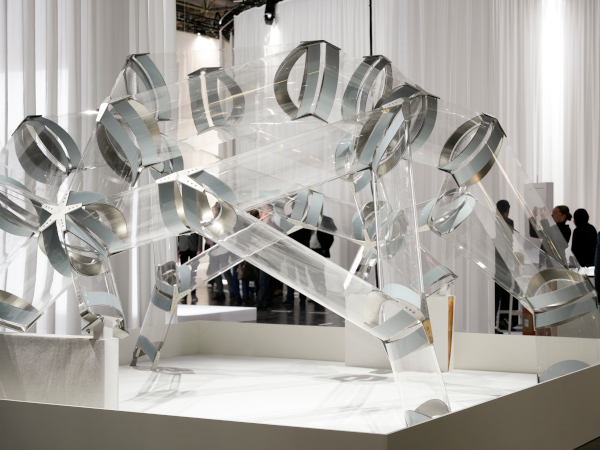

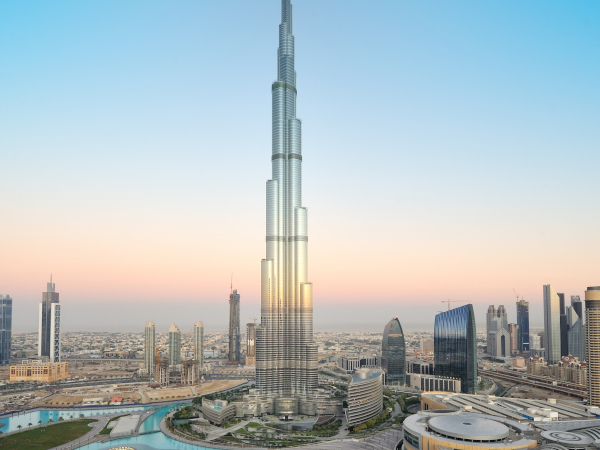
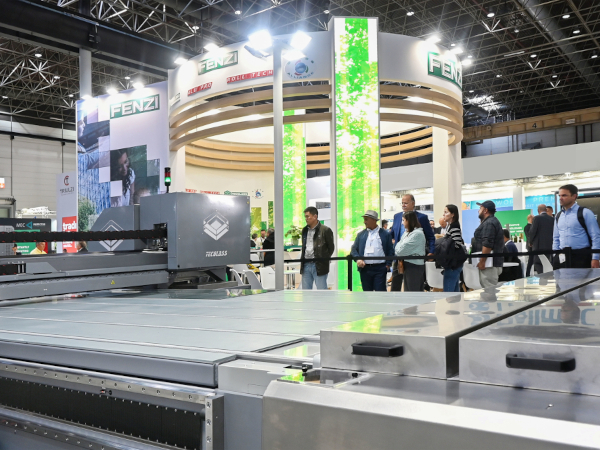
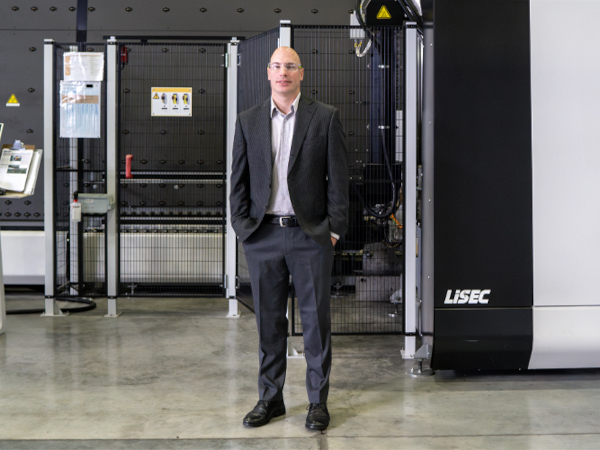
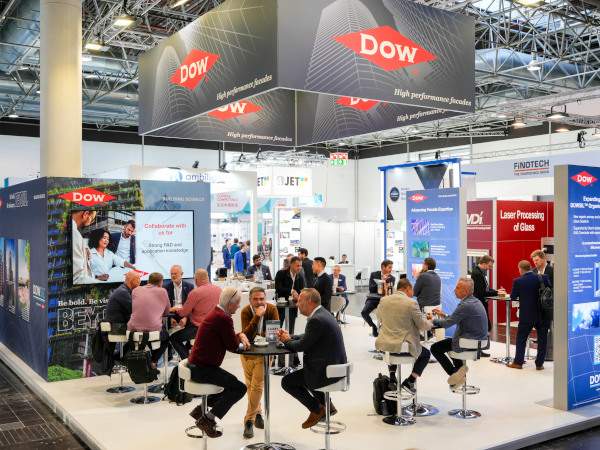
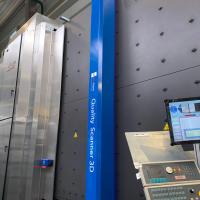
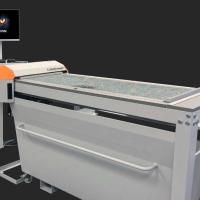
Add new comment